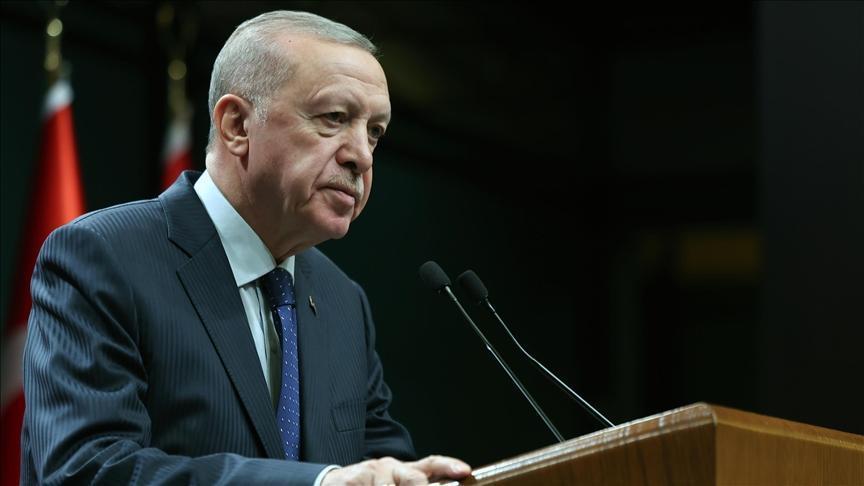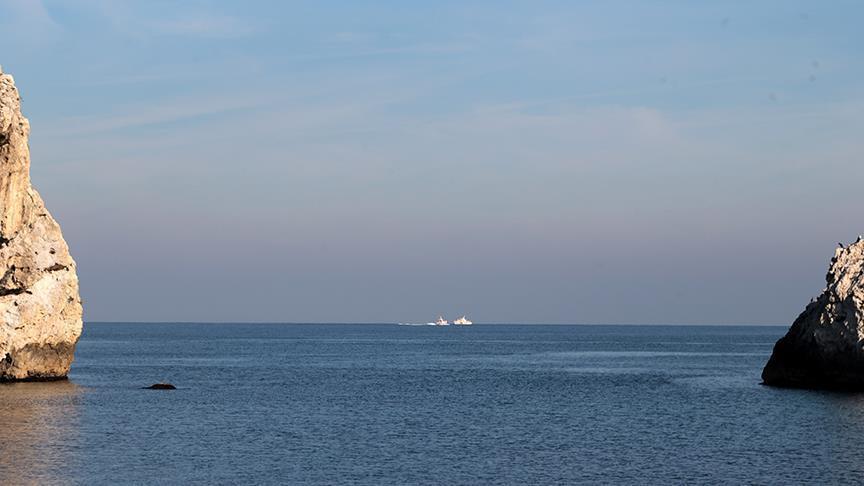Secularism is the key for democracy in a Muslim society
Reactions poured in on April 26 after a statement by Turkish Parliament Speaker İsmail Kahraman late on April 25, in which he said he believed secularism should not be included in the new constitution, which is still being drafted by the ruling Justice and Development Party (AK Parti). “As a Muslim country, why should we be in a situation where we are retreating from religion? We are a Muslim country. So we must have a religious constitution,” Kahraman said during a speech in Istanbul at a conference titled “New Turkey and New Constitution.”
As a veteran of Islamist politics in Turkey, Kahraman was enlisted in the AK Parti for the 2015 elections and was suggested by President Tayyip Erdoğan to the AK Parti as a candidate for parliament speaker.
The first reaction to Kahraman’s words came from Kemal Kılıçdaroğlu, the leader of the social democratic main opposition Republican People’s Party (CHP), via his Twitter account. “Soldiers are being killed every day.
Rockets are raining [down on Kilis] from across the [Syria] border. But your only concern is secularism. Stop abusing religion for your dirty calculations,” he tweeted.
“Secularism is a principle for social peace. The chaos in the Middle East is the product of ways of thinking that, like you, make religion an instrument of politics. Secularism exists so that everyone can practice their religion freely,” Kılıçdaroğlu also added, while calling on Kahraman to resig from his post.
In the talks for a new constitution, the CHP insists that the first four founding articles of the constitution, which declare Turkey as a secular, democratic state of law, must not be changed.
Nationalist Movement Party (MHP) leader Devlet Bahçeli also denounced Kahraman’s statement as a “mistake” and demanded he take it back.
Kurdish problem-focused Peoples’ Democratic Party (HDP) Co-Chair Figen Yüksekdağ said the statement showed the AK Parti’s “real face.”
But there were reactions against Kahraman’s remarks about removing secularism from the constitution from within the AK Parti as well.
Prime Minister Ahmet Davutoğlu did not touch upon the issue during his address to his party group in parliament. But Mustafa Toptaş, the chairman of parliament’s constitution commission and a member of AK Parti’s constitution draft committee, said Kahraman’s opinion did not bind the party and they had no thoughts to remove secularism from the charter. “We have no problem with secularism. There are just problems with the implementation of it,” Toptaş said. AK Parti spokesperson Naci Bostancı also said the government had no such item on its political agenda.
Kahraman’s statement has received no backing so far from any voice in parliament. But it has been enough to spark a debate within both Islamist and secular circles.
It was Mustafa Kemal Atatürk who oversaw the abolition of the caliphate in 1924, after the regime was changed from a monarchy to a republic in 1923 following the War of Independence after World War I.
Atatürk thought it would be impossible to set up a modern state without separating government affairs from religion, especially in a Muslim society.
In a way, Toptaş is right. There was a radical implementation of the secular principle in Turkey - especially imposed by the military-inspired establishment - which both alienated and antagonized pious people. On the other hand, it was thanks to secularism that Turkey managed to establish a modern society with regard to gender equality, a multi-party democracy and an industrious economy, despite all its problems. It was this secular democracy that enabled the AK Parti, with its Islamic/conservative roots, to come to power through elections.
In Muslim societies other than Turkey, there were either secular dictatorships - like those in Iraq, Egypt, Tunisia, Libya (and still in failing Syria) - or theocracies - like in the kingdom of Saudi Arabia or the republic of Iran. Now after the Arab Spring, Tunisia is trying to find a way to survive as a democracy in a Muslim society by trying to separate the state from religion.
Until a few years ago, the Turkish example had been presented as a success story, until the narrative was spoiled by the winds of the Arab Spring. President Erdoğan’s desire for a shift to a presidential system, which could enable the concentration of executive power in one hand, as well as Parliament Speaker Kahraman’s recent suggestion, should not overshadow this.
Secularism is the key for democracy and state of law in a Muslim society, and it is also the best cure for radicalization.











